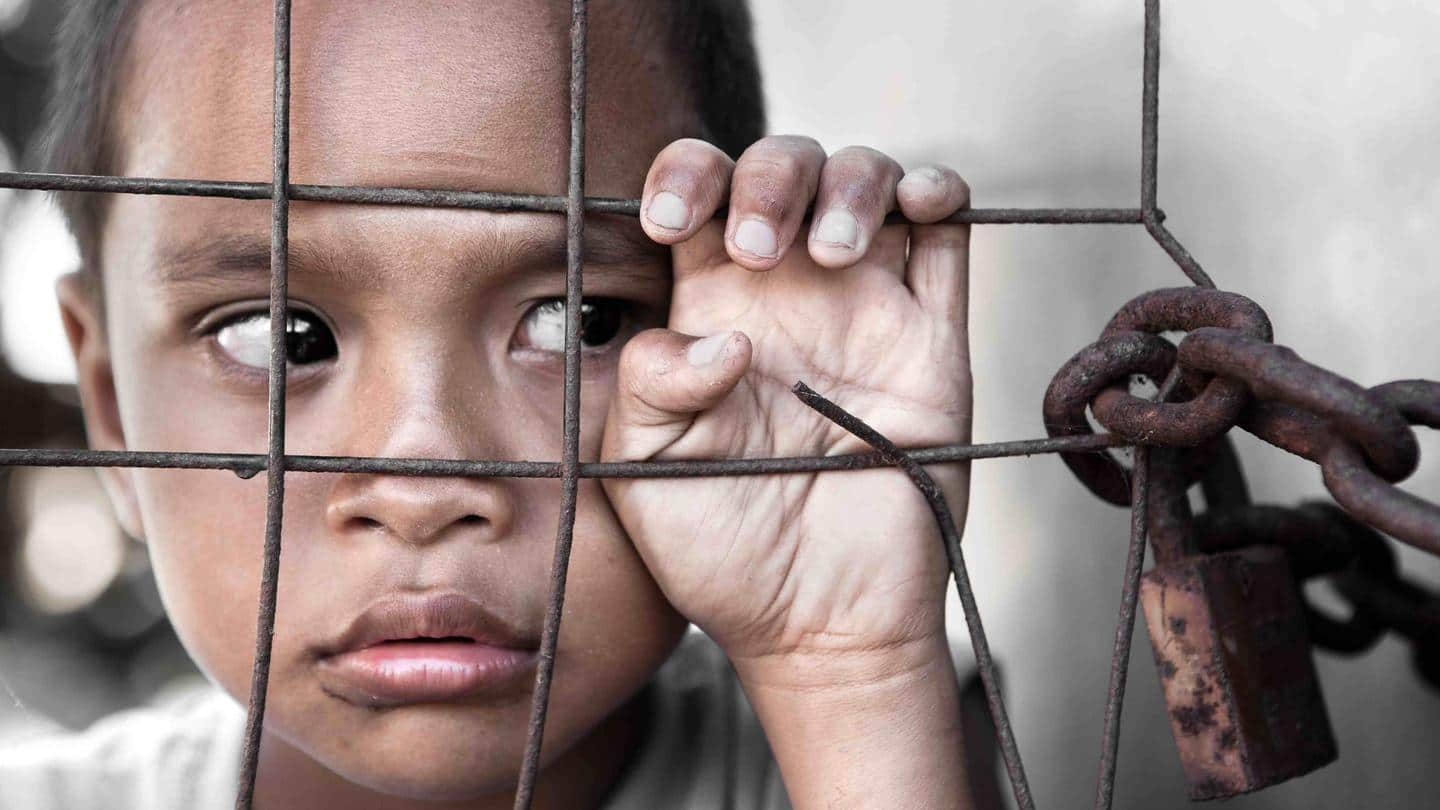
Twitter, Facebook under regulatory scanner for hosting unregulated adoption activity
What's the story
The National Commission for Protection of Child Rights (NCPCR) has officially intimated social media platforms such as Twitter, Facebook, WhatsApp, and Telegram over what's alleged to be activities related to illegal adoption of COVID-19 orphans.
In its letter, NCPCR has demanded these entities to furnish details regarding the origins of posts dealing with adopting children orphaned by the deadly pandemic.
Quote
NCPCR threatens legal action unless social media platforms share details
"We saw social media platforms are not only allowing such advertisements of illegal adoptions but people are also revealing the identity of such vulnerable children and raising funds using their name, which is illegal," said NCPCR chairperson Priyank Kanoongo while threatening penal action.
Details
What's wrong with social media platforms hosting seemingly humanitarian posts?
Adoption of minors is a well-regulated process owing to the grave risk of the system being exploited by pedophiles and human traffickers. The commission is concerned with the delicate process being conducted on the aforementioned platforms without any regulatory oversight.
The NCPCR has given Twitter, Facebook, WhatsApp, and Telegram 10 days to share what official action has been taken against the illegal adoption activities.
Information
What exactly is NCPCR?
The NCPCR is a statutory body attached to the Ministry of Women and Child Development (WCD). Like the Securities and Exchange Board of India (SEBI), NCPCR isn't a non-constitutional entity assigned either by parliamentary motions or state legislatures to keep a check on private organizations.
Direct action
Statutory body bypasses new IT Rules while compelling social media
The WCD had separately revealed to the Supreme Court that 30,071 children have been rendered orphaned, abandoned, and/or lost a parent based on data gleaned from across the country as of June 5.
However, what's interesting is NCPCR asking the social media entities to submit reports separately, instead of using the new IT Rules, 2021 to compel them to take action against the perpetrators.